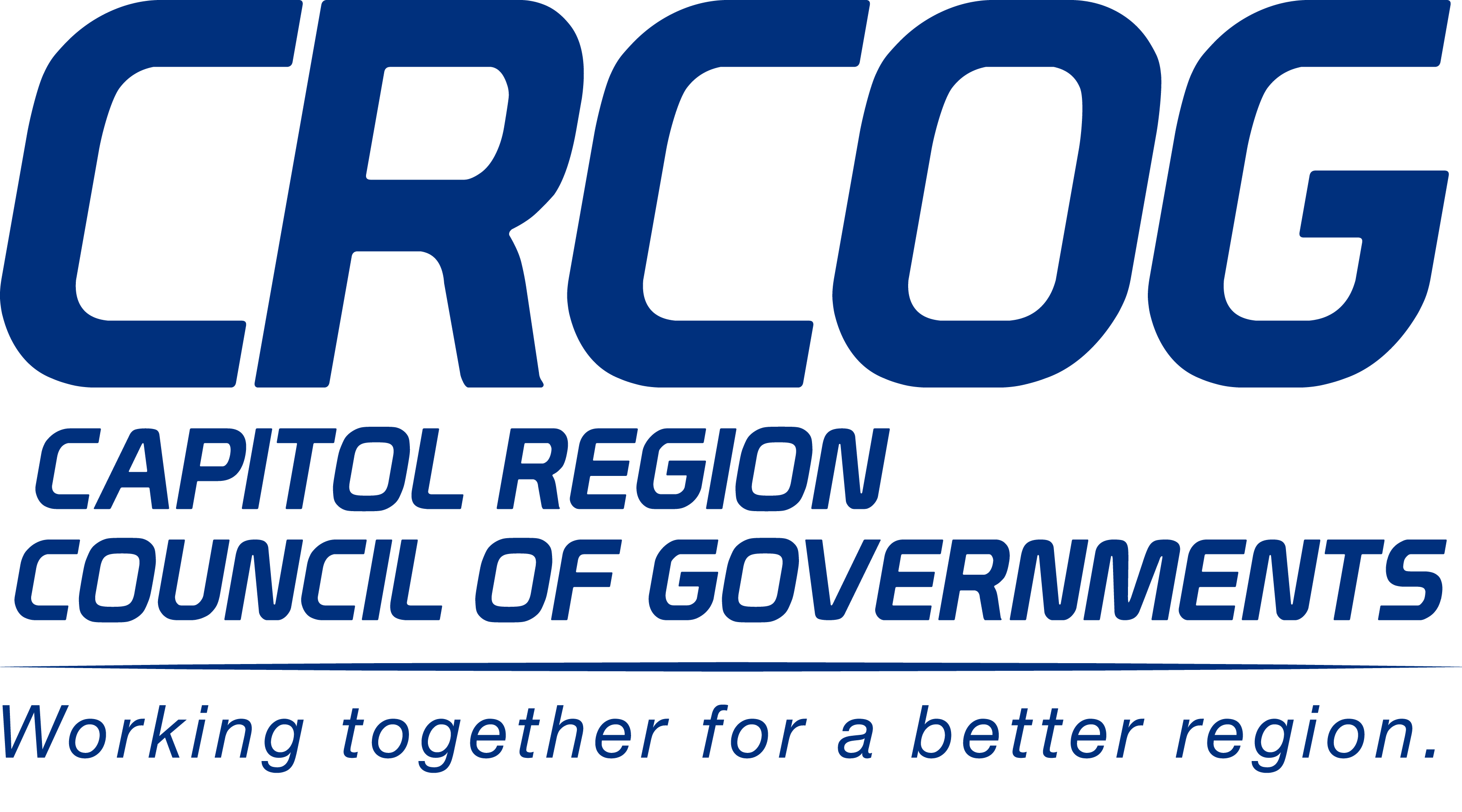It is important to safeguard your valuables before a disaster hits because it will alleviate the financial burden most families, homes, and businesses face once extreme weather exits their community. Get ahead of the curve – identify and take inventory of all your assets, and develop a plan to protect them.
Insurance
Purchase Adequate Disaster Insurance and Inventory Your Possessions
Insurance is your best defense against property loss in the event of a disaster. Most people have homeowners or renters insurance policies, however most policies will not cover losses incurred as a result of flooding. A flood damage rider, or a National Flood Insurance Program (NFIP) policy must be purchased or your losses will not be reimbursed. Speak to your insurance agent about the coverage of your home, your possessions, and your vehicles in the event of different possible consequences, including:
- Wind damage
- Damage caused by trees and branches
- Damage to utility connections (external and internal)
- Water damage (from a damaged roof)
- Water damage (from flooding)
- Flooded basement
- Earthquake damage
- Wildfire
- Tornado damage
- Hail damage
- Damage to external walls (such as fences or walls around patios)
- Damage to porches
- Damage to your yard
- Damage to a detached garage
- Damage to a paved driveway
Many insurance companies will require a full inventory of the items damaged or destroyed.
The Insurance Information Institute has created a home inventory website that can assist you in creating and storing an online inventory of your possessions. This site also provides information on how to take a video inventory and to store video and inventory files online so they are always available in the event of a disaster.
The National Association of Insurance Commissioners has also developed an easy-to-use home inventory checklist and register which can be downloaded and printed out.
More Information
Vital Records and Documents
Records and paperwork are becoming increasingly important in our lives. These documents prove our identities, accomplishments, ownership of property, stewardship of our children, legal relationship to our spouses, and much more.
The initial step in ensuring access to your vital documents, records, and information is to create an inventory of which paper- or record-based items you might need for any number of reasons during and/or after a disaster, and which you could not lose under any circumstances.
Consider the following:
- Birth/adoption certificates
- Marriage certificates/divorce papers
- Death certificates and burial plot papers
- Titles to automobiles, boats, airplanes, motorcycles, or other vehicles
- Stock portfolios
- Retirement/pension accounts
- Savings bonds
- Mortgage documents and other debt obligations (such as a car loan)
- Property deeds
- Appraisals of personal possessions
- Rental agreements or leases
- Diplomas, school records, and transcripts
- Military discharge papers/selective service documents
- Medical records
- Tax records
- Health insurance
- Life insurance
- Homeowners/renters insurance
- Long-term liability care insurance
- Automobile insurance
- Automobile registration
- Bank statements (and other account information)
- Checkbook records
- Passports (copies)
- Prescription information
- Will, durable power of attorney, and/or living will
- Trust documents
- Warranties/guarantees
- Photocopies of:
- Social Security cards
- Drivers licenses
- Employment identification
- Memberships
- Credit cards (for the account numbers)
- Home inventory
- Address book (list of your contacts)
If you are able to store official (notarized) copies of many of these documents in your safe deposit box (or other backup location), such as is required for birth certificates, titles, deeds, or wills, for example, you will save considerable time and energy if your primary copies are destroyed in the disaster.
Many websites offer online storage of scanned documents for free. The key to online storage is ensuring that your documents are stored securely and that you are careful about how you access those documents from public computers (in order to deter identity theft or other cyber-crime). Most online storage sites are password protected and utilize encrypted data transmission technologies.
For more information, see the Virginia Cooperative Extension guide Emergencies: Are You Prepared? Your Personal Checklist of Important Documents.
Photos
Safeguard your family’s photography collection by storing your photographs online. Many websites offer online storage of photographs for free or for a reasonable annual fee. Even old and printed photographs and slides can be scanned and converted into digital files, which allows for the same level of protection as those taken by digital cameras.
Alternatively, you can put all of your photographs onto CD or DVD storage devices and keep these in your safe deposit box or alternate storage location
